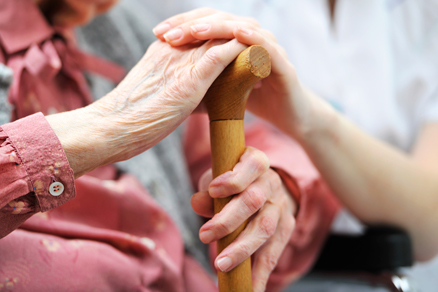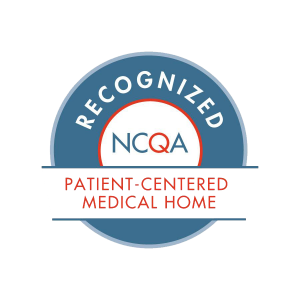
No Spring, nor Summer beauty hath such grace, As I have seen in one Autumnal face.
John Donne (1600)
As important as Family care support is to the Health Care system, we need to ask, who is taking care of the Caregivers?
Family Caregiving
The help family and friends provide for the older and infirm has an important impact on their wellbeing. In 2009, about 30% of Americans provided care for an ill or aged family member or friend during the year, spending an average of 20 hrs a week. Half of those needing care still live in their own home, another 30% live with the family caregiver; unpaid family members provided 90% of all care services. With the older age population growing, the need for this support will increase, and the need for caring for the caregivers. Caregiving Statistics.
Patients and family should keep primary care providers and specialists aware of who is providing care for patients, and how much is needed. Caregivers should let their own medical care providers know what they are doing, and the stress (and reward) that goes with this work.
Caregivers often feel they do not have the training or information to best provide for their ailing family member. Primary Care Physicians and Nurse Practitioners can help with information, training, or referral for training. Several groups have general and disease specific web sites that can help as well (see below). Eldercare at Home: A Comprehensive Online Guide for Family Caregivers is one example. For multimedia, the Caregivers’ Handbook site (Public Broadcasting Service program, Caring for You Parents), is another. Even those who do not have their own computers to get on the Internet can find access at the Public Library.
Publications:
Eldercare at Home: American Geriatric Society, Foundation for Health in Aging.
Caregivers Handbook
Oregon Care Partners-Creating a Culture of Quality Care
Caregiver’s Care
Many of those who help elderly family or friends are not aware of what stress they have. A Caregiver Questionnaire, a systematic process of gathering information about a caregiving situation to identify needs, strengths, and resources for the family caregiver, can be a start for many.
Many who look after others may ignore their own medical needs. To be able to help, they have to keep up with their own preventive health and specific medical care.
Helping family in need can be draining. Caregivers should know when to take a break, and have plans for respite care. (See also: Living Options, Respite Care). For ideas about how you can care for others and still care for yourself, see the website for the Family Caregiver Alliance, National Center on Caregiving with A Guide to Taking Care of Yourself.
Publications:
Caregiver Questionnaire – Use this to prompt discussions with the care recipient’s support system and health care team.
American Family Physician
Family-Caregiver Toolbox
Caregiver Video Resource Center
Grief and Counseling
Caregiving doesn’t end with the death of those we love – the emotional care and connection is long lasting, and sometimes at first a heavier load to bear than the physical, practical supports given in frailty and illness. While there is no minimizing the loss felt, there are ways to have grief become a celebration of the life lived. Support from religious communities, hospice, and clinical counseling all can help. The AARP Caregiving Resource Center, the American Hospice Foundation, the Family Caregiver Alliance, and many other web sites offer general and practical suggestions for working through this difficult time.
Here are some basics to consider:
There are stages to grief. Not everyone goes through them all, nor in the same order, nor at the same pace, but people can heal. Knowing what these steps are can help to reassure you that you are making progress.
Dealing with a loss is not about “being strong”. Crying is natural. Letting others help helps them as well as you. It is ok to set limits and have privacy, but do not let yourself become isolated.
Grief is work. Make sure you take care of yourself while you do that work. Be sure to eat a good healthy diet. If full meals do not appeal to you, then have several smaller meals throughout the day.
Be sure to get enough sleep; this can include naps.
Stay in touch with your family doctor, and let them know if you are having problems sleeping or otherwise. Be careful not to abuse alcohol or medications to cover up emotions.
Take time to be active. Moderate exercises including walking, yoga, or other can be a meditation of sorts, and help the brain and body to reenergize.
Publications:
AARP Caregiving Resource Center
American Hospice Foundation


